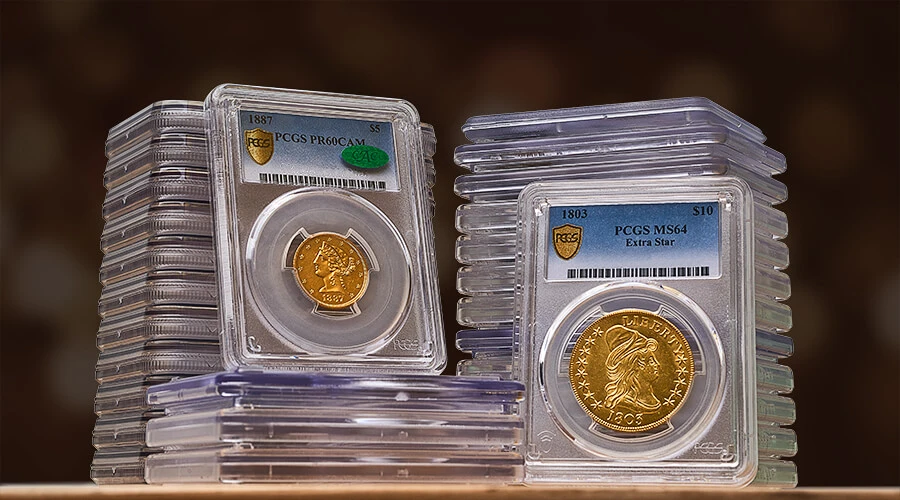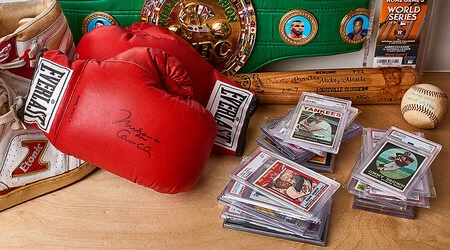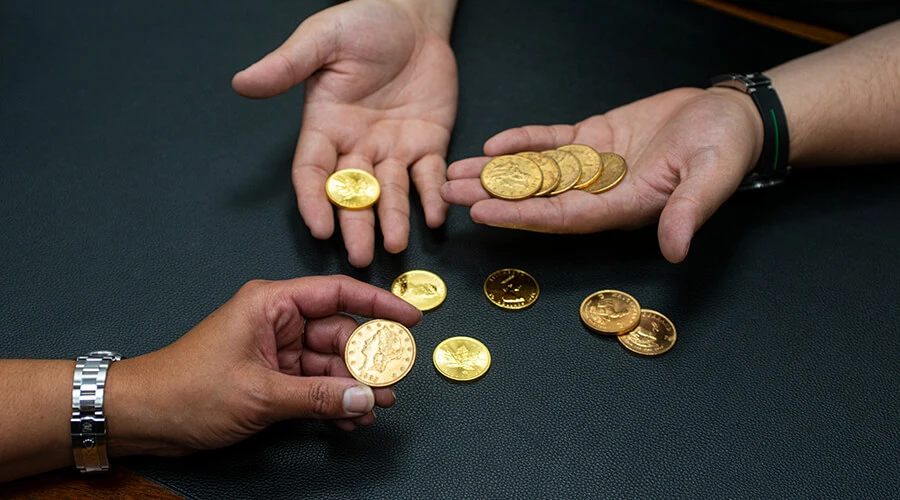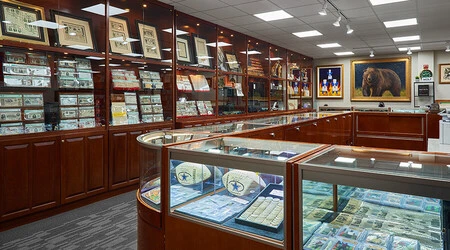We live in interesting times. As a modern investor, it's important to not only have a strategy in place to simply grow your assets, but also to protect them. While we enter one of the most divisive elections in American history, the stock market is reaching all time highs and central banks are considering negative interest rates.
Terrorism and social unrest occur almost every day in countries around the world. As Venezuela’s economy continues to collapse into hyperinflation, first world countries are struggling with the possibility of deflationary pressures as bond yields remain stuck at the lowest levels in decades. Asset diversification as an investment strategy is more important today than ever before.
What Is Asset Diversification?
We’ve all heard the saying “don’t put all your eggs in one basket" - this is the basic principle behind asset diversification. A diversified portfolio spreads your investments among several different classes of assets such as stocks, bonds, cash, ETFs, real estate, and tangible assets. Diversification takes into account long and short-term financial goals and helps moderate your portfolio as the economy fluctuates. The theory behind asset allocation is that different asset classes perform in different ways during specific periods or during market events. For example, during the economic crash in 2008, stocks and bonds fell sharply while gold and the other precious metals rallied to new highs. If you'd diversified your portfolio to include tangible assets like gold - which tends to fluctuate inversely to paper assets - though your stocks would have been decreasing in value, the value of gold would have gone up - keeping your portfolio losses to a minimum.
Why You Should Buy Gold Now
Precious metals are a valuable component of a diversification strategy for a number of reasons. As a tangible asset, gold is portable, liquid, and readily available. Unlike paper assets, which can be worth “zero," gold provides inherent value. In fact, throughout recorded history, gold has never had zero value. Gold is sometimes considered a reactionary investment. It tends to perform best during times of financial uncertainty, economic or monetary crises, and during periods of social and political unrest. Today, we are living in uncertain times. Having a small portion of your investment funds invested in physical gold can be a smart insurance policy to ensure your financial health. There are many reasons to consider adding some gold to your asset mix. Here are three compelling reasons to consider buying gold now.
1. The Price Is Right – Fundamentals are always a good reason to make any investment. Right now, gold is priced below the cost of production. This is investment 101: whenever an asset is priced below the cost of replacement, it’s time to buy!
2. Diversification – As we covered above, asset diversification is important for portfolio growth and security. A well-diversified portfolio should include gold and precious metals holdings of 2-5% of your portfolio’s value.
3. Value – If you tend to be a value investor, you can see that when you filter stocks for value, mining companies are almost exclusively the stocks that show up as "very undervalued." Gold is the place to look for value in today’s markets. All it will take for gold to rally is an international incident, a rise in inflation, or another financial crisis. Gold is driven by factors other than supply and demand, like political and social unrest. In today’s volatile and unstable world climate, with prices below replacement cost, gold is a smart hedge investment.
Building A Position
When buying gold there are several important factors to be aware of. First and foremost, find a very reputable dealer to work with. Next, make sure you are investing in physical gold. Mining stocks, gold funds, and ETFs are all paper assets. The point of adding gold to your portfolio is to invest in the actual metal. As an addendum, always make sure to take physical possession of your gold - whether that's in a box at the bank or a safe at home, possess your gold. Gold is available in a variety of forms and weights. Countries mint legal tender coins in sizes from 1/10th of an ounce to 1 troy ounce. The United States offers the gold Eagle, China mints the Panda coins, and Canada produces the Maple Leaf. All are guaranteed .999 fine gold and are backed by the issuing governments for purity and weight.
When buying coins or rounds you can expect to pay a price based on the daily spot price of gold, along with a slight buyer’s premium. When you’re ready to sell you also receive the daily spot price and pay a small seller’s fee. Bullion coins are the easiest and most convenient way to buy gold for your portfolio. You can easily dollar cost average into a position by investing a small amount weekly or monthly. Coins are portable and liquid, making them ideal in times of financial crisis or political turmoil. If you have a larger amount to invest, gold is also available in bar form. As a general rule bars start at one troy ounce and go up in size. The premium is slightly lower than rounds, but you may have difficulty finding bars smaller than one ounce. Just a quick word about investing in numismatic coins; collecting coins is a highly specialized hobby. As a general rule numismatic coins are not a good investment. Numismatics are priced differently than bullion. Prices are based on rarity, condition, and several other factors - and are generally much higher than the value of the gold they contain. As a general rule, if you're adding gold to your investment portfolio, stick to government-issued bullion coins or bars. Do your research, always take physical possession of your gold, and make sure to work with a reputable dealer!
IF YOU ARE INTERESTED IN BUYING OR SELLING GOLD, CONTACT U.S. COINS AND JEWELRY, HOUSTON'S MOST TRUSTED SOURCE, AT 8435 KATY FREEWAY IN HOUSTON OR CALL 713-597-6367.
SOURCES:
http://money.usnews.com/money/blogs/the-smarter-mutual-fund-investor/2013/05/31/heres-why-diversification-matters
http://www.investopedia.com/articles/financial-theory/08/asset-class.asp
http://www.bankrate.com/finance/investing/pros-cons-investing-gold-1.aspx














































